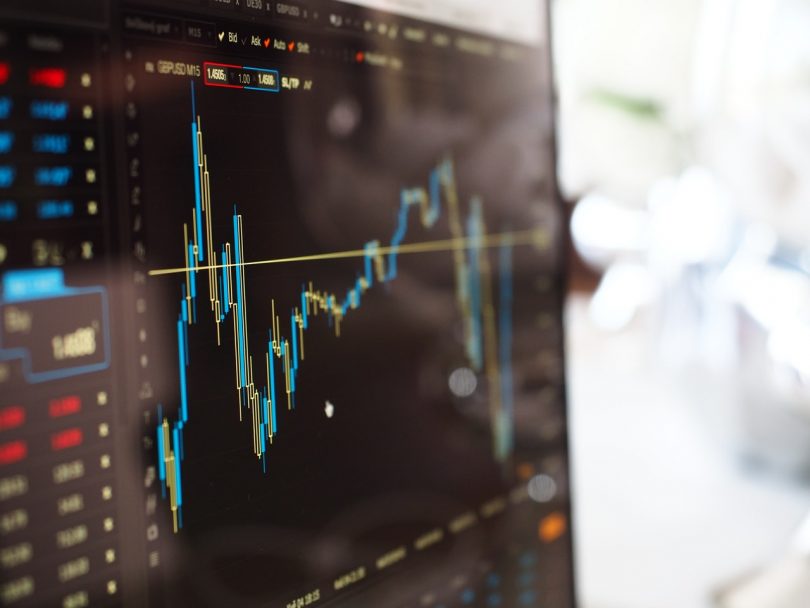Political events can significantly impact the direction of stock markets and the value of companies that trade on them. Why is that? Political actions, like policy changes, new regulations and laws directly impact companies and can affect their performance.
As an extension of this, breaking news and stories within politics are a core part of fundamental analysis that investors conduct on a day-by-day basis, so markets are constantly reacting to the ebbs and flows of the political world. Political events are widely analysed for this reason.
Elections and referendums can profoundly impact the direction of markets, with these political events typically believed to have a negative effect as they cause uncertainty. A study by the Malaysian School of Economic Finance found an “uncertainty in the political system”, which is common during elections, usually leads to a fall in stock prices.
US presidential election
However, the effects are dependent on the nature of the political event and the potential impact on companies. Following US President Joe Biden’s win in the 2020 US Election, clean energy stocks rallied on his campaign pledge to offer greater support to renewable energy sources.
First Solar (FSLR), an American manufacturer of solar panels, saw its shares rise 11% in the days following Biden’s victory. In contrast, analysts expected oil and gas companies to be adversely affected by attempts to tackle climate change. But many of the traditional energy giants have made gains.
ExxonMobil (XOM), the natural gas company headquartered in Texas, has soared 45% on the stock market during 2021. While expectations for different sectors and companies don’t always come to pass, the direction of markets is often dictated by what investors perceive the ramifications to be from a political event.
UK general election
General elections in the UK can also be seismic for stock markets. Data shows that markets generally perform better after an election than before it, as the run-up to the voting is often fraught with uncertainty and the unknown. However, in 1997 and 2005, there were substantial gains due to the confidence of a Labour victory.
Perhaps more interesting is that markets tend to perform better when a Conservative government wins the popular vote. A study by the Stock Market Almanac found an average annual return of 10.8% followed a Tory win compared to a 5.8% decline for a Labour victory.
Brexit
According to Reuters, the most significant political event in the UK recently, Brexit, has cast a “long shadow” over domestic markets during the last five years. Since the vote to leave the European Union in 2016, British share prices have fallen behind major peers with the 6.8% uptick in dollar terms way behind the 80% rise on the S&P 500 and 60% increase globally.
Common trends
Research by US Bancorp has found several common trends or changes that occur on stock markets following a presidential election. When a new party is elected, gains on the stock market average out at 5%, but when a party can retain control or a sitting president is re-elected, returns grow slightly to 6.5%.
Overall, the most “market-friendly” conditions are a divided government with a clean sweep for the Democrats and Republicans leading to short-term volatility. One thing that does appear constant is that elections mostly have a short-lived impact.
There are disruptions during respective campaigns and the shock of an unexpected result can increase volatility. Still, there is no evidence that a market performs either better or worse in the long term when a party is in power for four or more years.
How to trade during political events?
If you want to benefit from trends in the market during political events, you will first need to select a broker to buy and sell shares. True Potential Investor is one of the reputable third parties based in the UK that you could partner with to create a trading account. Reading an in-depth review of this broker will explain the platforms and account types available and the pros and cons of using the service.
To make intelligent trades after opening an account, analysts recommend re-evaluating how policies put forward by newly elected officials could have an impact on the economy. US Bank chief investment officer Eric Freedman concludes: “With presidential elections, you need to make sure to have all the components of a diversified portfolio in place, and then stick to a longer-term strategy that’s designed for more than one election cycle.”









